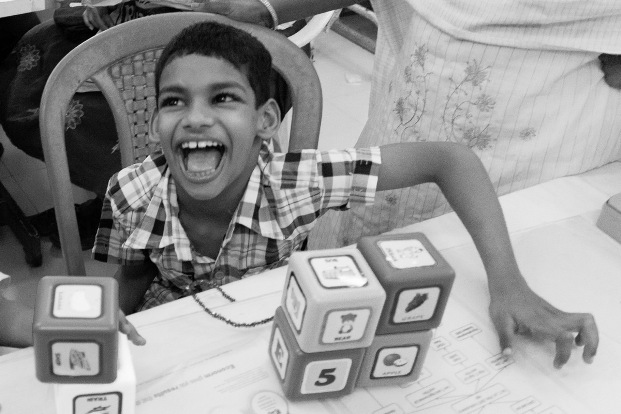Physical Impairment and Cerebral Palsy
Apr 19, 2022
Cerebral Palsy also is known as CP is a neurological ailment with psychological issues too. Each case of Cerebral Palsy is unique to individuals. One patient may have complete paralysis & need regular care, while another patient with partial paralysis might have slight mobility tremors but need little help. This is partly because of injury type & timing of injury to developing the brain. CP can only be managed with medical care and psychological assistance. It cannot be treated or cured completely. Hence it is important that the patients are given the best medical care and psychological assistance.

Is Cerebral Palsy an impairment?
Yes, it is. Impairment is limitation or loss of function. Impairment is a condition which restricts a patient to some degree.
Patients diagnosed with Cerebral Palsy have a neurological condition that mainly leads to physical impairment comprises of loss or limitation of function & mobility. A patient with Cerebral Palsy experiences problems with muscle coordination, muscle control, reflexes, muscle tone, posture or balance. Patients also have problems with gross or fine motor skills. Their face muscles may also be affected.
Patients with Cerebral Palsy often have co-mitigating and associative conditions which also impose more challenges like learning impairment, seizures & hearing or vision loss. An individual can also have an impairment without having a disability.
Is Cerebral Palsy a disability?
A disability is an impairment which substantially restricts the ability of an individual to perform daily activities within the range comparable to somebody the same circumstance and age. Disability may comprise of impairments which restrict hearing, mobility, sight & communication.
All patients with disability have an impairment but a patient can also have an impairment with no disability. This means that the impairment of such patients does not limit them from doing a daily activity. i.e. A patient wearing glasses or contact lenses for correction of nearsightedness has an impairment, but does not have any disability; impairment- nearsightedness- can be corrected and hence does not limit performance. However, an individual who is declared blind is not able to do certain functions, likes driving and therefore is said to have a disability which limits his performance.







